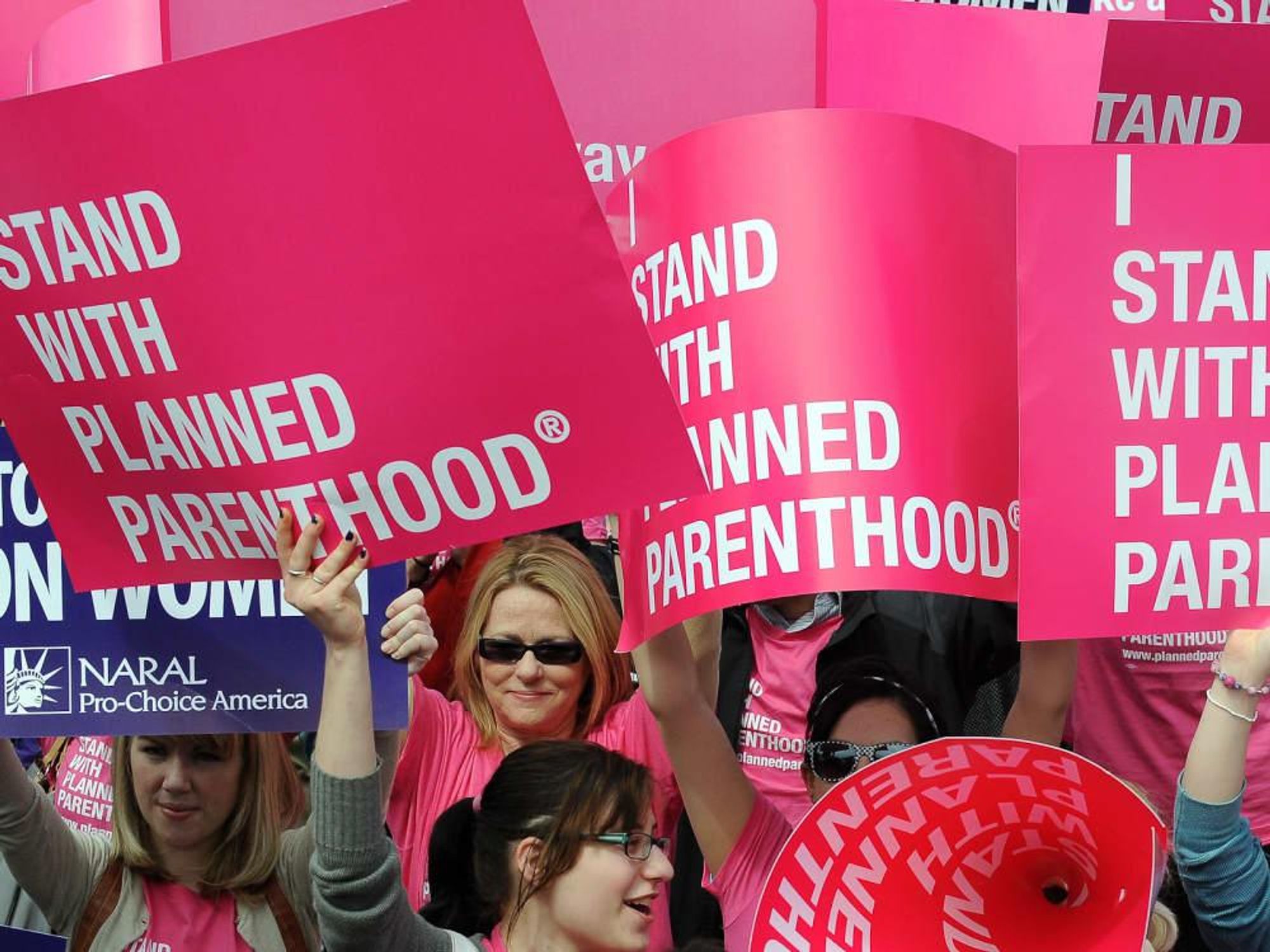Texas and Women
Texas steps up campaign against Planned Parenthood and women's health

The state of Texas is on a mission to box Planned Parenthood out, and is hoping the current Presidential administration will aid and abet its plan, even if it results in the further decline of health services to Texas women.
In 2013, Texas gave up its Medicaid funding from the federal government — to the tune of $35 million a year — all so that it could cut out clinics affiliated with Planned Parenthood, since some of those clinics provide abortion services.
That move lost the state a significant amount of federal funding and resulted in less care for women in need. Prior to the change, 126,000 women were enrolled for services each month; now, 79,000 women are enrolled each month.
Now the state wants to get that money back. The Texas Health and Human Services Commission has drafted a proposal asking for that Medicaid funding to resume, but without the inclusion of Planned Parenthood.
This would go against federal law, which requires states to give Medicaid beneficiaries their choice of any willing provider. Texas legislators hope the Trump Administration will change that.
A hearing on the proposal was held May 15 in Austin by the Texas Health and Human Services Commission. The state plans to file an application with the federal government at the end of June.
The state created a replacement program called Healthy Texas Women, but during the hearing, women and advocacy groups said it hasn't filled the gap created when Planned Parenthood was removed.
Planned Parenthood is a target among pro-lifers, conservatives, and the Trump administration, since about half of its affiliates provide abortion services, even though federal funds cannot be used for elective abortions.
But their stance against the organization has other repercussions, including more babies being born in poverty.
Studies by the New England Journal of Medicine and UT-Austin have shown that the elimination of Planned Parenthood in Texas resulted more births to low-income women. In 2015, more than half of the 400,000 births statewide were paid for through Medicaid, meaning the the mother was unable to assume the medical costs herself. And 35 percent of the pregnancies were unintended.
If the state's proposal is approved, it could also set a precedent that other states follow, further restricting women's options and choices.
Raegan McDonald-Mosely, chief medical officer for Planned Parenthood Federation of America, urged the Trump administration to shut down this latest attack on women, stating, "if the rest of the nation goes the way of Texas, it would result in a public health crisis for millions of women."
It’s possible the state may be successful in this effort since President Donald Trump has made restricting abortions a priority and has appointed an anti-abortion official to oversee federal family planning programs.
While other red states have made similar efforts to limit Planned Parenthood, none have been as bold as Texas in its outright attempts at exclusion.
If approved, Texas would set a new low, further limiting a woman's ability to have a choice regarding her own body and is guaranteed to be a sad day for women's health.

 David and Melissa Loder's Elf Town is on Penbrook Court in the Deerfield subdivision of Plano. Photo courtesy of David and Melissa Loder
David and Melissa Loder's Elf Town is on Penbrook Court in the Deerfield subdivision of Plano. Photo courtesy of David and Melissa Loder